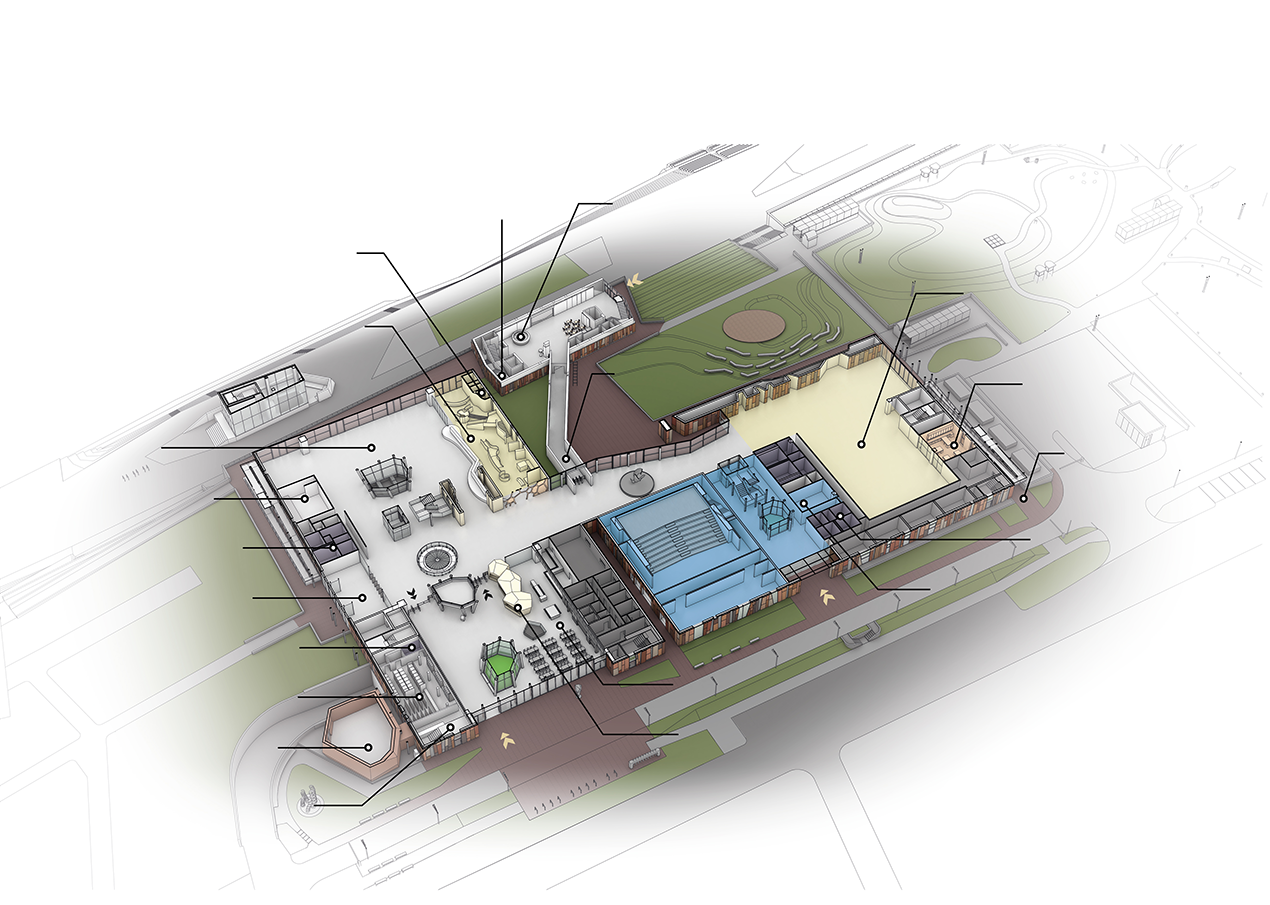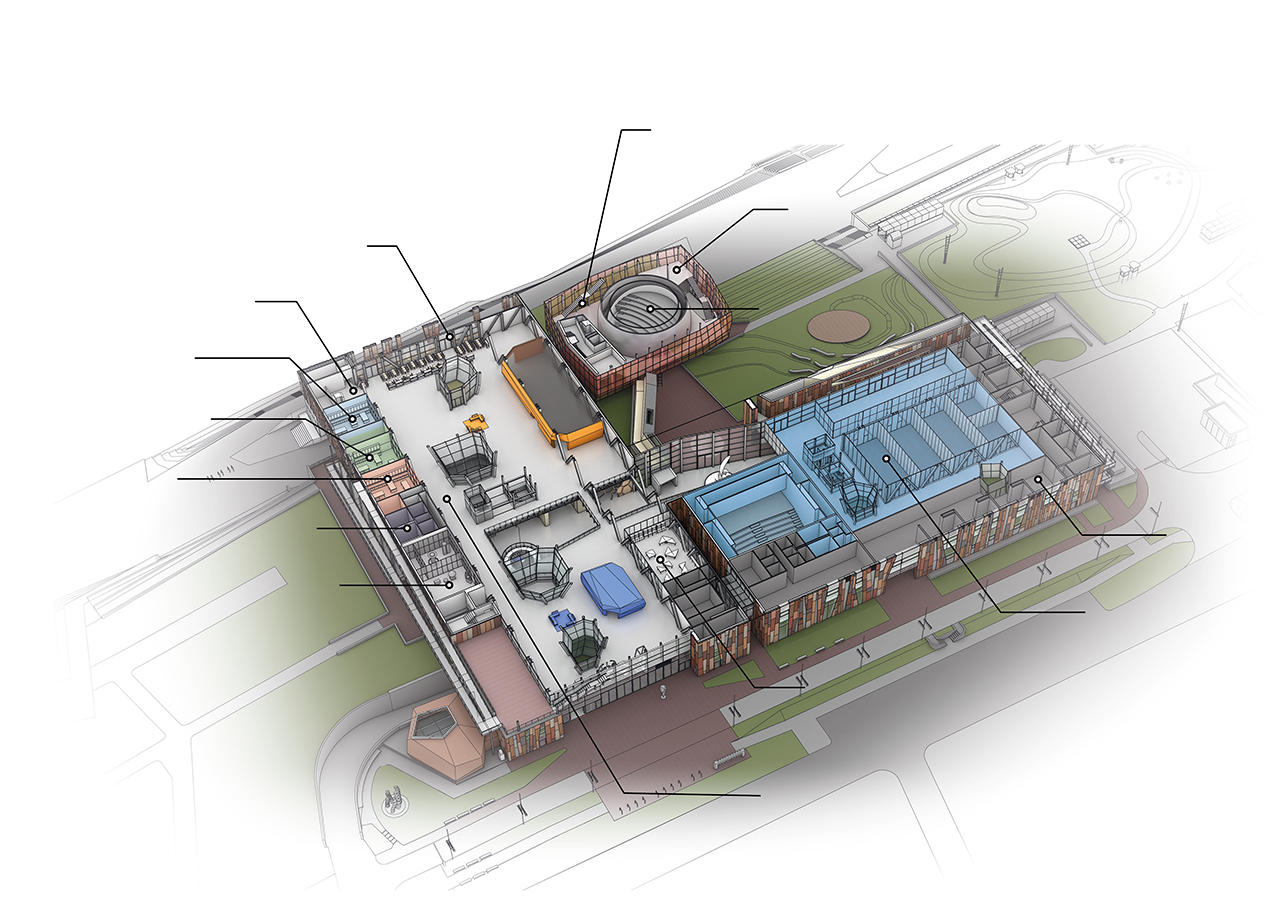Music can be found anywhere. In the gust of wind, a piece of wood, a metal pipe. In objects that we use everyday – a stick, a straw, a bottle. We are also sort of like musical instruments – we discover this, when we listen to the beating of our hearts, or simply clap. And when we clap, it’s best to do it in with others. That’s when the sound gets really loud – like a symphonic orchestra! We invite you to play and play with us in Copernicus.
Music has only upsides
Against popular conviction, musical abilities are not genetic. With a bit of will and consistency, anybody can develop and improve them. And it’s worth it, as for musical people it is easier to establish connections with the environment, they are bolder in social situations, and can speak more precisely. Since the dawn of time, music has been shaping human relationships – it’s a form of communication, it creates group identity, it helps with freeing our emotions. Being musical also helps to develop other skills – makes it easier to learn foreign languages, physics or maths. Interacting with sounds has only upsides. And most of all – it’s so pleasurable! Let’s not be afraid to try. First steps towards beating your stage fright can be taken here, in Copernicus.
Muzyka ma same atuty
Wbrew potocznemu myśleniu zdolności muzyczne nie są przekazywane genetycznie. Przy odrobinie chęci i systematyczności, można je wykształcić i rozwinąć u każdego. Warto, bo osoby muzykalne łatwiej nawiązują kontakt z otoczeniem, są śmielsze w kontaktach społecznych, potrafią precyzyjniej się wypowiadać. Przecież od zarania dziejów muzyka kształtuje relacje międzyludzkie – jest formą komunikacji, tworzy tożsamość grupową, pozwala wyrażać emocje. Umuzykalnienie pomaga także rozwijać inne umiejętności – ułatwia uczenie się języków obcych, fizyki i matematyki. Obcowanie z dźwiękami ma same atuty. A ponad wszystko – to takie przyjemne! Nie bójmy się więc próbować. Pierwsze kroki ku pokonaniu tremy można postawić właśnie w Koperniku.
The Partner of temporary exhibitions:



